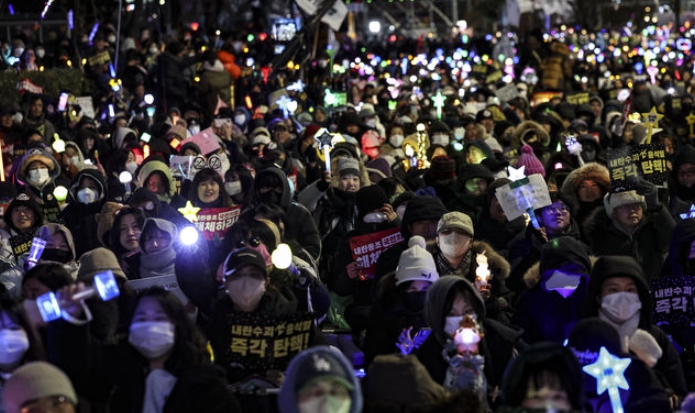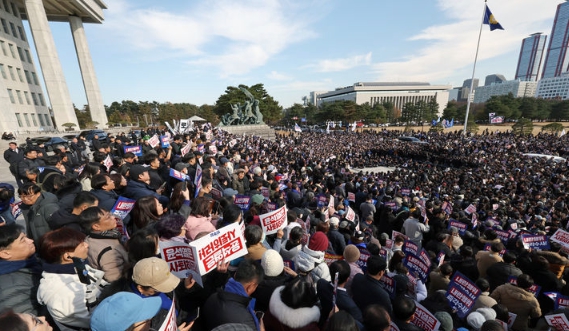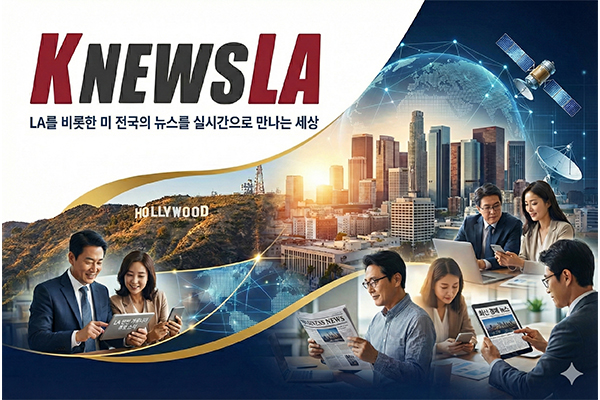
President Yoon declared martial law late at night, accusing the opposition Democratic Party of anti-state activities and collusion with North Korea. The decree temporarily placed the military in control of national security, suspended civilian governance, and restricted freedoms such as speech and press.
Troops were deployed to block access to South Korea’s National Assembly, creating a tense standoff as lawmakers sought to convene to overturn the order. Within six hours, facing immense backlash from lawmakers and citizens alike, Yoon was forced to rescind the martial law declaration.

The public’s reaction to martial law in South Korea was marked by widespread resistance, fear, and determination, as citizens from various backgrounds united in protests and demonstrations to oppose government oppression and demand democratic reforms.
The swift and unified public backlash compelled the National Assembly to convene urgently, resulting in a vote to lift the martial law within hours of its imposition. This decisive action underscored the power of collective civic engagement in upholding democratic principles. Subsequently, the parliament voted to impeach President Yoon, reflecting the profound political ramifications of his attempt to enforce military rule.
These proceedings will determine whether Yoon’s declaration of martial law violated the constitution or overstepped presidential authority. If found guilty, Yoon may be permanently removed from office, and legal consequences could follow.

The events have deeply impacted South Korea’s democracy, serving as both a cautionary tale and a testament to the strength of civic engagement. While the protests and legislative response showcased the resilience of democratic institutions, the crisis has also exposed vulnerabilities in the system that need to be addressed. Moving forward, public trust in leadership and governance will depend on transparent reforms and accountability for those involved.
![]() <Student Reporter Jaymin Park> jpola0412@gmail.com
<Student Reporter Jaymin Park> jpola0412@gmail.com
Jaymin Park is a student in Palos Verdes High School








